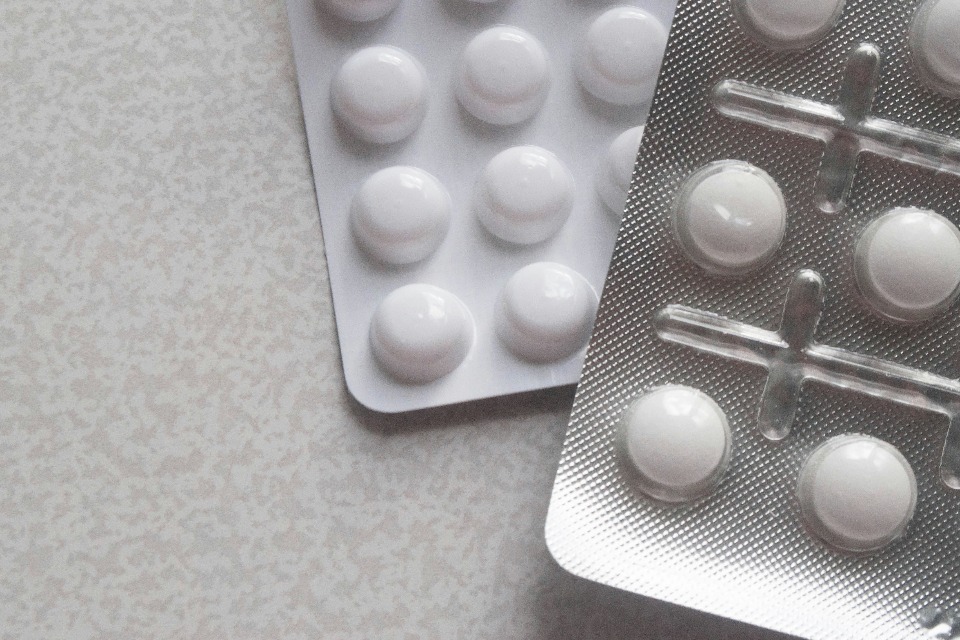Time: 2024-06-27
Topiramate, an anticonvulsant medication used to treat epilepsy and prevent migraines, has recently come under scrutiny by the UK Medicines and Healthcare products Regulatory Agency (MHRA) due to safety concerns regarding its use during pregnancy. A study published in May 2022 revealed an increased risk of neurodevelopmental disabilities in children born to mothers who took topiramate during pregnancy. As a result, new safety measures are being implemented to mitigate these risks.

The observational study prompted the MHRA to launch a safety review of topiramate in July 2022, leading to the recommendation that the drug should not be prescribed to treat epilepsy during pregnancy unless there is no suitable alternative treatment. The MHRA is advising healthcare professionals to be cautious when prescribing topiramate, especially to women of childbearing potential, and to ensure that effective birth control is used throughout treatment. In addition, a Pregnancy Prevention Programme has been introduced to raise awareness of the risks associated with topiramate use during pregnancy.
Topiramate is estimated to be prescribed to over 30,000 female patients under the age of 55 in England each month. Patients are being urged to adhere to the new safety measures and the Pregnancy Prevention Programme to minimize the risk of potential harm to unborn children. Additionally, healthcare professionals are encouraged to provide regular medication reviews and educational materials to support patients in making informed decisions about their treatment.
In light of the safety concerns surrounding topiramate use during pregnancy, the MHRA and other regulatory bodies are taking proactive steps to ensure the well-being of patients and their children. By implementing strict safety measures and educational initiatives, the aim is to reduce the number of topiramate-exposed pregnancies and mitigate the risk of neurodevelopmental disabilities in children. Patients and healthcare professionals are urged to stay informed and follow the updated guidelines to safeguard against potential harm.